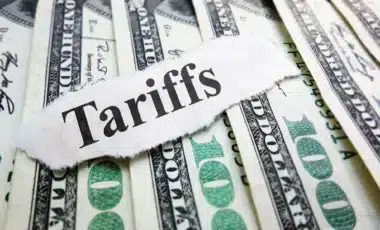Nissan is set to reduce production of its popular Rogue SUV at its Kyushu plant in Japan, a decision driven by the ongoing impact of U.S. import tariffs.
The 25% levy, introduced by former President Donald Trump, has disrupted the global automotive supply chain, and Nissan, a key player in the U.S. market, is among the companies forced to adjust its manufacturing strategy.
This move marks another shift in Nissan’s approach to handling the fallout from the tariff, which has led several automakers to reconsider their global production plans.
According to an industry insider, Nissan plans to scale back production of the Rogue by 13,000 units between May and July 2025, representing more than a fifth of the vehicles the company sold in the U.S. during the first quarter of the year.
Nissan’s Response to the U.S. Tariff Impact
The Rogue SUV, Nissan’s best-selling model in the U.S., is a critical part of the company’s operations. The vehicle alone accounted for over a quarter of the company’s total sales in the U.S. last year.
However, the imposition of a 25% tariff on vehicles manufactured outside the U.S. has forced Nissan to reassess its production plans. According to a source familiar with the matter, the Kyushu plant will cut its production of the Rogue by 13,000 units during the three-month period.
In addition to reducing output, the company will also scale back working hours for its employees at the plant, halting production on certain days. Despite these reductions, the plant will continue operating on two shifts a day. Nissan has said that it will monitor the situation closely and adjust its production schedule depending on the evolving tariff situation.
Broader Impact on Global Automakers
Nissan is not the only automaker to have been affected by the U.S. tariffs. Several other major companies, including Stellantis and Honda, have made similar adjustments to their production strategies in response to the levy. Stellantis, for instance, paused production at plants in Mexico and Canada, impacting five U.S.-based facilities.
Honda, on the other hand, has moved production of its next-generation Civic hybrid from Mexico to Indiana in an attempt to sidestep the tariffs.
For Nissan, this tariff is just one part of a larger restructuring effort. The company has already been working to reduce its global manufacturing capacity by 20% as part of its turnaround strategy.
New CEO Ivan Espinosa faces considerable pressure to stabilise the company’s performance in the U.S., where the aging model lineup and lack of hybrid options have hurt sales in recent years.









